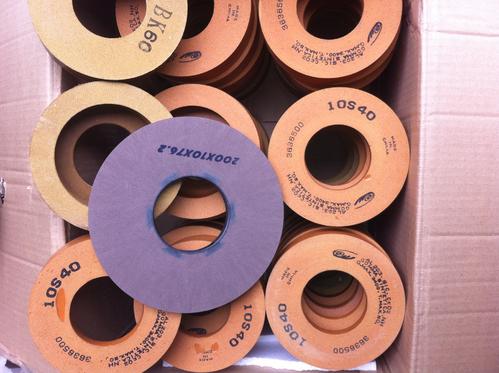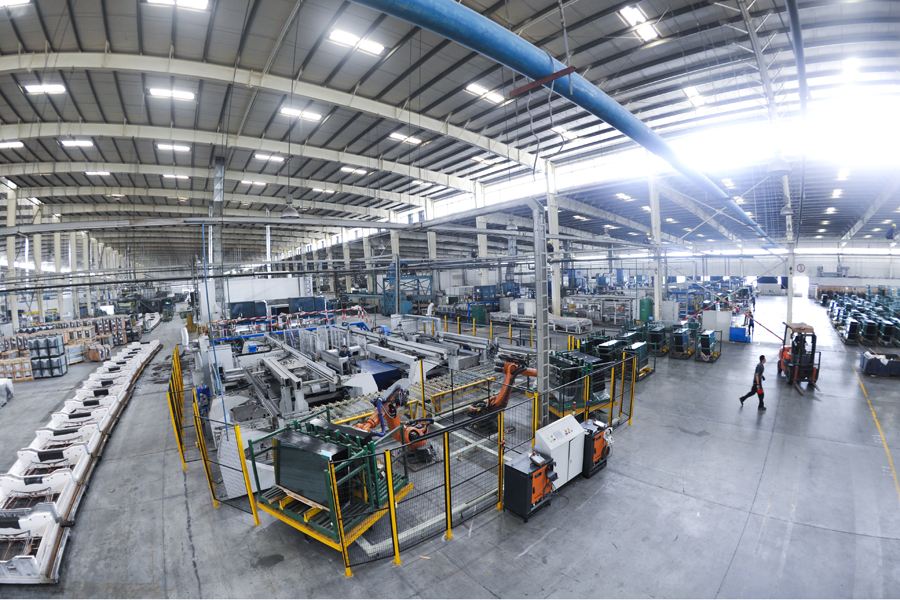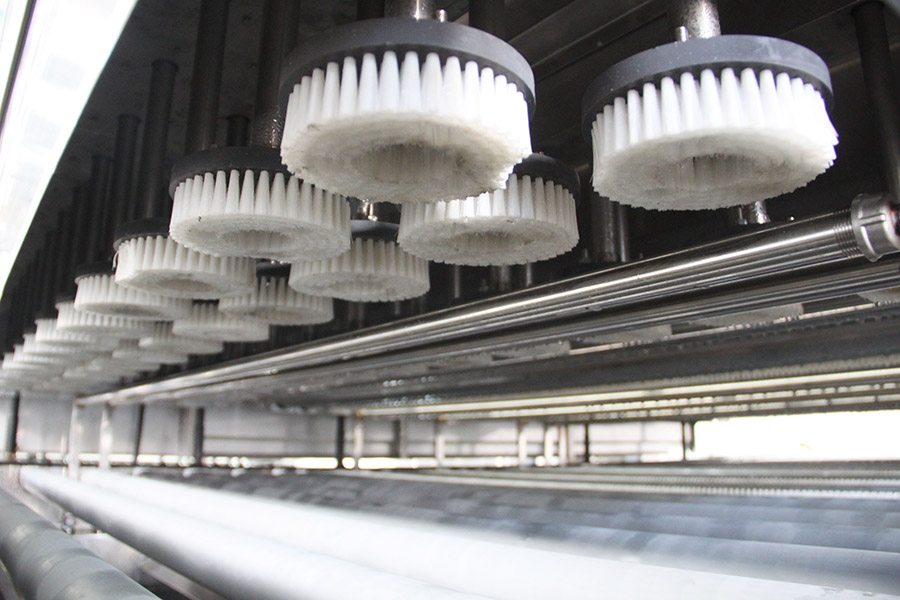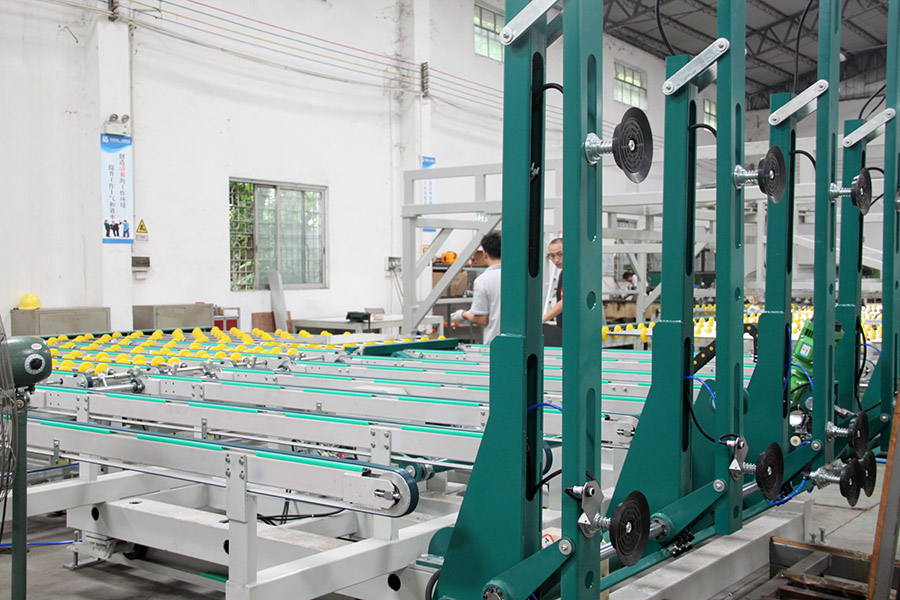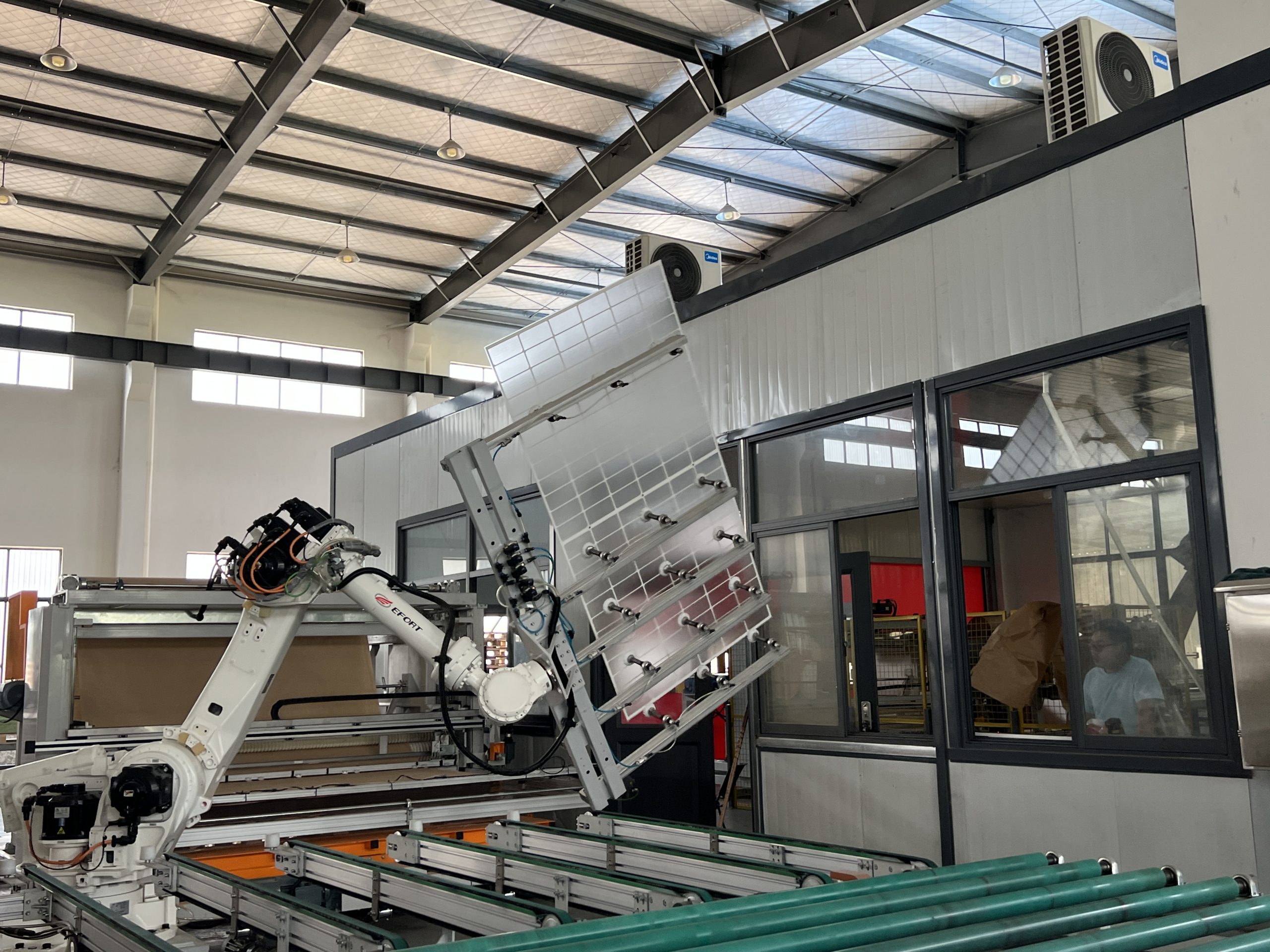
–
Glass processing lines offer several benefits and advantages across various industries. Here are some key advantages:
–
Increased Efficiency: Glass processing lines streamline the production process, enabling efficient handling, processing, and fabrication of glass materials. They automate many tasks, reducing manual labor and minimizing the risk of human errors. This leads to increased productivity and faster turnaround times.
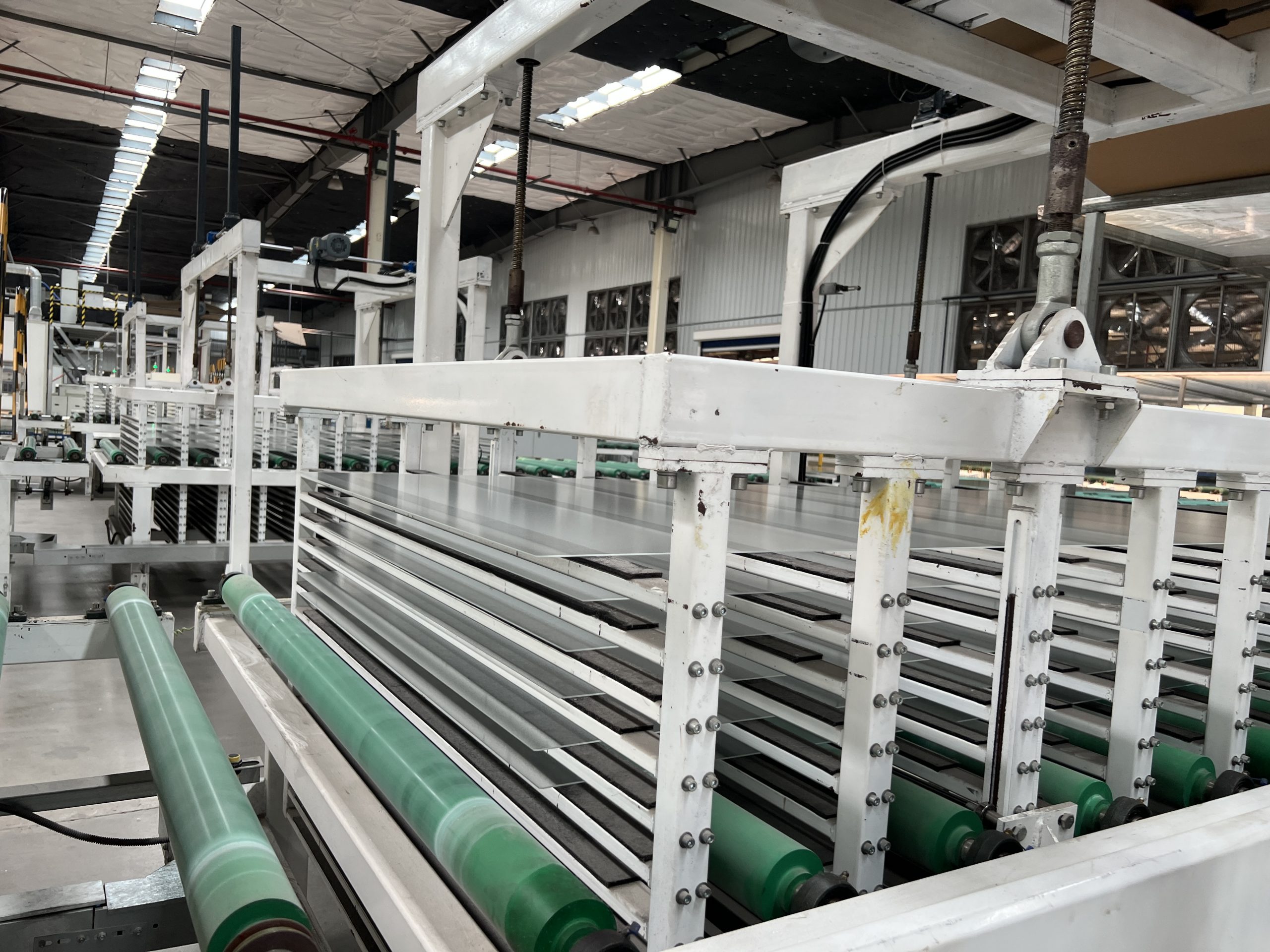
–
Precision and Consistency: Glass processing lines utilize advanced technologies such as computerized numerical control (CNC) systems and robotic automation, ensuring precise cutting, shaping, and finishing of glass. This consistency in production results in high-quality glass products that meet exact specifications.
–
Customization and Flexibility: Glass processing lines can be configured to handle a wide range of glass types, sizes, and thicknesses. They offer the flexibility to accommodate various designs, shapes, and finishes based on customer requirements. This customization capability is particularly beneficial for architectural glass, automotive glass, and specialized glass applications.
–
Improved Safety: Glass processing lines incorporate safety features and mechanisms to minimize the risk of accidents and injuries. Automated handling systems and robotic arms reduce the need for manual intervention, reducing the chances of human errors and accidents during glass processing. This enhances worker safety and mitigates potential liabilities for glass manufacturers.
–
Waste Reduction and Material Optimization: Glass processing lines optimize material usage and reduce waste by optimizing cutting patterns and minimizing scrap. Advanced software and algorithms analyze the glass sheets’ dimensions and determine the most efficient way to cut them, maximizing yield and reducing material wastage. This leads to cost savings and promotes environmental sustainability.
–
Enhanced Quality Control: Glass processing lines often include quality control mechanisms such as automated inspection systems and sensors to detect defects, blemishes, or imperfections in glass products. By identifying and rejecting substandard items, manufacturers can ensure that only high-quality glass products reach the market.
–
Scalability and Increased Production Capacity: Glass processing lines can be scaled up or down depending on production needs. This scalability allows manufacturers to meet changing market demands and ramp up production capacity when required, thereby ensuring responsiveness and competitiveness in the industry.
–
Cost Savings: While the initial investment in glass processing lines may be significant, they can lead to long-term cost savings. Improved efficiency, reduced labor costs, minimized material wastage, and increased productivity all contribute to overall cost savings over time.
–
Overall, glass processing lines bring numerous benefits, including improved efficiency, enhanced quality control, increased flexibility, and cost savings, making them indispensable tools for glass manufacturers across various sectors.

